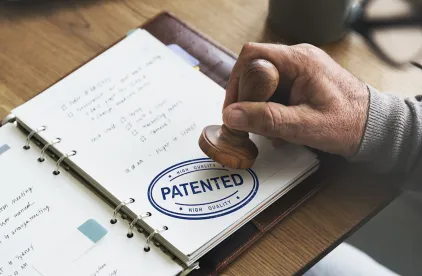On August 15, 2023, the Committee published proposed amendments to Rules 16 and 26 of the Federal Rules of Civil Procedure (“Rules”). The amendments are designed to require that parties address and agree on discovery issues regarding privilege and work product protections at the Rule 26(f) Conference. This is a welcome change that should both streamline the discovery process and reduce the cost of discovery obligations.
The process for amending the Rules can take approximately three years from proposal to final rule. The Judicial Conference meets twice a year and operates through a network of committees. The committees review issues within their established bailiwicks and make recommendations to the Judicial Conference. If approved by the Juridical Conference, the amendment then goes to the Supreme Court for consideration. The Supreme Court must, by May 1 of the year the amendment is to take effect, prescribe and transmit the proposed amendment. Congress then enacts, rejects, modifies, or defers the amendment. Absent Congressional action, the amendment becomes law.
The proposed amendments to Rule 16 and 26 are designed to require parties to address privilege and work product protections early in litigation by adopting agreed procedures regarding the timing and sufficiency of privilege logs. In particular, the amended rules require substantive discussions regarding the contents and timing of privilege logs during the Rule 26(f) conference. Amended Rule 16 would vest the district judge or magistrate judge with discretion to include provisions concerning privilege logs as part of a case scheduling order.
Some argue that strict interpretation of the current Rules requires that privilege logs be delivered to the requesting party when it serves responses or produces documents, unless otherwise agreed. In practice, however, privilege logs are typically provided long after productions have occurred, particularly in cases with thornier privilege issues. Sometimes that results in lengthy privilege logs being delivered such that collateral litigation regarding privilege disputes occurs in a rush near to the close of discovery – to the potential prejudice of the requesting party challenging privilege or work product assertions. The proposed amendments would help reduce opportunities for such gamesmanship.
If the proposed amendments work as intended, counsel should spend less time disputing collateral matters like privilege logs, ultimately saving clients money. These changes will be particularly impactful for patent infringement and trademark matters, given the privilege and work product issues that such matters typically involve. For example, in both patent infringement and trademark matters, privilege concerns can arise, respectively, in relation to pre-filing investigations into infringement or trademark search memoranda. Patent infringement cases can have further privilege concerns relating to the production of prosecution files from the patent owner’s outside counsel. Addressing the timing of the disclosure of and contents of privilege logs sooner should allow parties to spend less time fighting over the timing and sufficiency of privilege logs and reduce the number of collateral disputes the district courts need to hear.





 />i
/>i

